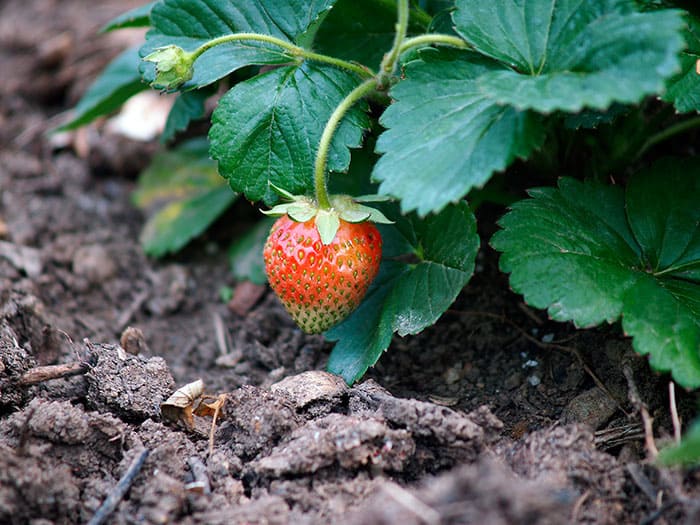By Guest Author Peter Lang.
When someone is trying to overcome an addiction to alcohol or drugs, there are several therapies that are helpful during the recovery process. One of them is gardening therapy – also known as horticultural therapy – and it offers a variety of benefits for recovering addicts.

American Horticultural Therapy Association
“A therapeutic garden is a plant-dominated environment purposefully designed to facilitate interaction with the healing elements of nature. Interactions can be passive or active depending on the garden design and users’ needs. There are many sub-types of therapeutic gardens including healing gardens, enabling gardens, rehabilitation gardens, and restorative gardens. “
Here is a list of 11 benefits of gardening therapy in addiction recovery:
1: Improve Socialization Skills
Many addicts forget how to communicate with others in an appropriate way. When they work in a community garden, they learn how to talk to the other gardeners. A master gardener may give guidelines to the amateur gardeners, and each person must communicate with others to understand how to organize and tend the garden.
2: Provide an Exercise Opportunity
Working in a garden offers mild to strenuous physical activity, with lots of stretching and lifting. It’s essential for recovering addicts to exercise and while it is possible to exercise on gym equipment such as elliptical machines or stationary bicycles, this repetetive type of workout can become boring quickly.
3: Exposure to Natural Sunlight
Our body creates Vitamin D when our skin is exposed to sunlight. This essential nutrient is frequently lacking in addicts, as they’ve led an unhealthy lifestyle by partying at night or isolating themselves. The exposure to natural sunlight while gardening helps the body create more Vitamin D, and the recovering addict will feel more energetic and mentally alert.

4: Reduce Anxiety
Working in a garden is an enjoyable activity, and it can reduce a recovering addict’s anxiety level. Anyone going through withdrawal symptoms will feel edgy, but working in nature while growing herbs, flowers, and vegetables is therapeutic.
5: Improve Self-esteem
Growing plants in a garden to provide fruits or vegetables for the other individuals in a rehabilitation community is a rewarding feeling. In addition, gardeners sometimes have a chance to give the nutritious foods to other people who are struggling to have enough to eat. This can help to improve
6: Increase Concentration Levels
To garden effectively, the gardener must focus on planting seeds or seedlings correctly, finding weeds to pull from the soil, and other tasks. This can be a helpful way to increase the recovering

7: Release Anger
Working in a garden can help release feelings of anger. Pulling weeds, digging in the soil and focusing on gardening tasks can help an addict work away feelings of anger at themselves and others concerning
8: Improve Sleep Quality
Addicts in recovery frequently have trouble sleeping. The exposure to sunlight and
9: Provide a Purpose Each Day
Growing fruits and vegetables or beautifying a property with shrubs and flowers impart a remarkable sense of well-being.
10: Overcome Depression
Most addicts in recovery experience some form of depression and gardening can be highly therapeutic when accompanied by counseling and appropriate medications.

11: Learn a Work Skill
Growing organic produce can become a new work skill. Organic fruits and vegetables are in high demand and local farms can barely keep up with demand.
Choose a recovery facility with a gardening therapy program
Before entering a recovery facility, addicts should consider the types of therapies
Author’s bio: Peter Lang is a freelance writer from Atlanta, Georgia. In recovery himself, he is passionate about helping others who struggle with alcohol or drug addiction.
